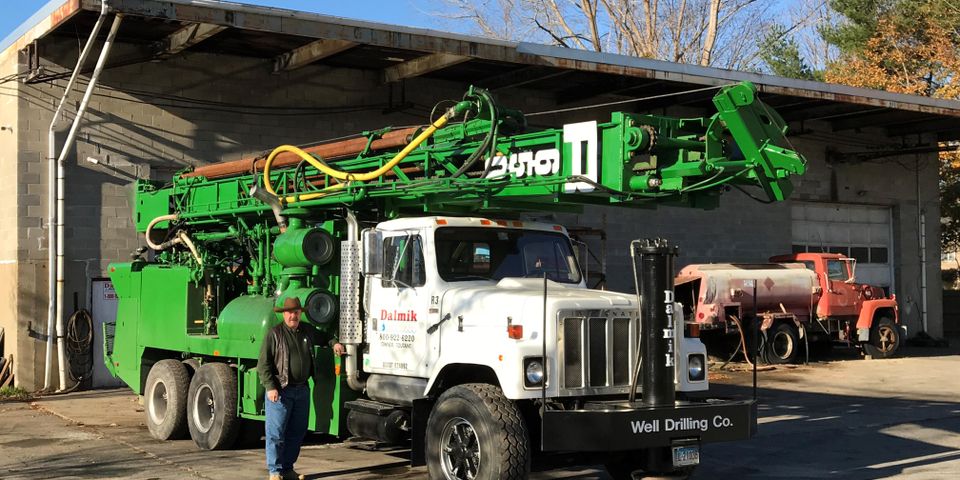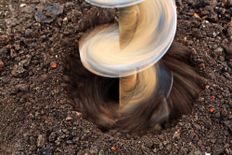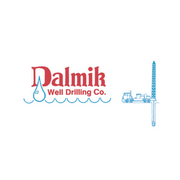
Residential wells are useful additions to any property. There are a few common installation types available, and which one is best for your home will depend on many factors. From mechanical well drilling to manual digging, here are a few options that can help you access your water supply.
3 Types of Water Wells
1. Dug
This basic option is the least involved to install, but only works in specific environments. For example, the terrain must be soft enough to dig into without a drill, and the local water table has to be shallow. That’s because the water will fill the hole as the installation goes on, so the contractor has to work quickly to keep digging past it.
After they get a few feet past the water table, they’ll line the system’s interior with tiles or bricks to hold up the outer walls, and cover the top with a cap. While shallow, these kinds are especially wide, and allow homeowners to extract water from nonporous materials like sand.
2. Drilled
 Well drilling is one of the most common techniques used today. It’s a versatile process that helps access water on a wide variety of properties. Even if the ground is hard and the aquifer is over 1,000 feet deep, contractors can use their massive rotary drills to create a sturdy channel.
Well drilling is one of the most common techniques used today. It’s a versatile process that helps access water on a wide variety of properties. Even if the ground is hard and the aquifer is over 1,000 feet deep, contractors can use their massive rotary drills to create a sturdy channel.
Casing lines the inner walls of the well to prevent it from collapsing and keep sediment from entering the water supply. At the base, a submersible pump pushes water up to ground level.
3. Driven
These sorts also require softer terrain, though not quite to the degree of dug options. Well contractors will use a specially designed pipe with a screen fixed to the bottom end, pushing a channel into the ground while filtering out sediment.
Driven wells are also on the shallower side (up to 30 to 50 feet deep), and often reserved for sand or gravel properties.
If you’re interested in having a well installed on your property, reach out to Dalmik Well Drilling in Windham County, CT. With over 30 years of experience, they will choose the right drilling method for your soil type and water table depth. They’ll also repair your system should problems arise in the future. To learn more about their offerings, including rotary well drilling and hydraulic hydrofracturing, visit the website. Call (800) 922-6220 to arrange for a free estimate.
About the Business
Have a question? Ask the experts!
Send your question

